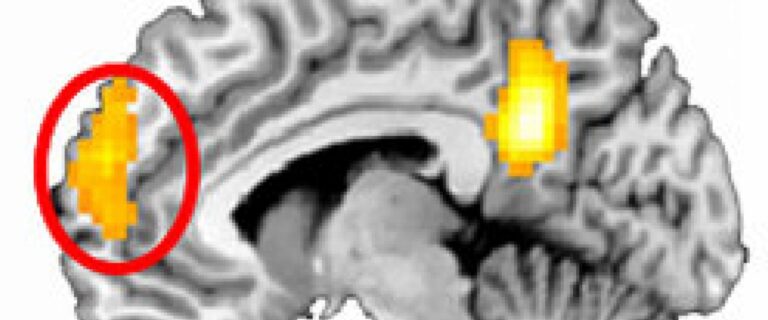Definition of mentalist
A mentalist uses technical skill, misdirection, psychological subtleties, hypnosis (suggestion), cold reading, and spectacle to demonstrate what appears to be extraordinary mind reading, foresight, telekinesis, and clairvoyance. One of the mentalist traits of personality is curiosity. Mentalism is a performing art that focuses on the mind and imagination. Mentalism can make the performance artist appear to possess extraordinary powers or incredible mental prowess.
This is a trick that is based on the unique way language and thought relate to each other. That said, it’s actually incredibly simple. While magic and mentalism may seem very similar, many purists would argue that mentalism is actually not magic at all. Mentalism is commonly classified as a subcategory of magic and, when performed by a stage magician, it can also be referred to as mental magic.
Mentalism is a performing art in which its practitioners, known as mentalists, seem to demonstrate highly developed mental or intuitive abilities. Led by famous mentalists such as John Randall Brown, The Amazing Kreskin, Derren Brown and yes, even the infamous Uri Geller, mentalism has evolved over the years to include various psychological presentations such as mind reading, predicting the future, telepathy, cold reading, hypnosis, the exploits of memory, mind control, telekinesis and more. Most modern mentalists claim to be psychic artists rather than individuals who possess authentic psychic abilities. This type of disorientation is now often used by mentalists to improve their apparent feats of mental dexterity.
Some mentalists have honed their abilities to a point where their audiences believe the mentalist possesses psychic powers or otherworldly mental abilities.


